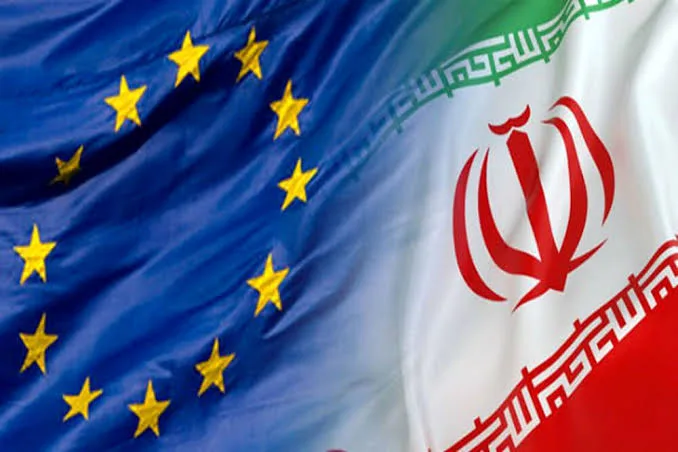Brussels/Tehran – July 21, 2025 –
In a significant development for Middle East diplomacy, Iran and the so-called “E3” – France, Germany, and the United Kingdom – have reportedly agreed in principle to resume nuclear negotiations as early as next week. The planned talks come at a critical juncture, following heightened regional tensions, recent strikes on Iranian nuclear sites, and European warnings of potential “snapback” sanctions.
While the exact time and location of the negotiations are still being finalized, Iranian state broadcaster Press TV and semi-official Tasnim news agency, citing informed sources, reported the agreement on Sunday. This follows a crucial call last Thursday between Iranian Foreign Minister Abbas Araghchi and the top diplomats of the E3 nations and the European Union’s foreign policy chief, during which the Europeans stressed the urgent need to return to diplomacy.
The urgency stems from the looming threat of the “snapback” mechanism, which would automatically reimpose all United Nations Security Council sanctions on Iran. European powers have indicated an end-of-August deadline for a breakthrough in talks before considering triggering this mechanism. This stance has been strongly condemned by Iran, with Foreign Minister Araghchi stating that the E3 “lack absolutely no moral and legal ground” for such threats.

The backdrop to these renewed diplomatic efforts is a volatile Middle East. Recent weeks have seen an escalation of hostilities, including reported U.S. and Israeli strikes on Iranian nuclear facilities, which Tehran claims have been “obliterated.” Despite these claims, U.S. intelligence assessments suggest Iran retains its nuclear weapons capability and critical materials, although it has not yet made a decision to build a nuclear weapon. Iran, for its part, maintains its nuclear program is for peaceful purposes.
The upcoming talks will be at the deputy foreign minister level and are expected to focus on Iran’s nuclear program, particularly its uranium enrichment activities, which have exceeded limits set by the 2015 Joint Comprehensive Plan of Action (JCPOA). The United States withdrew from the JCPOA in 2018, leading Iran to gradually roll back its commitments.
The European powers, along with China and Russia, are the remaining parties to the original JCPOA, which offered sanctions relief in exchange for restrictions on Iran’s nuclear program. The EU and E3 have consistently emphasized the need for a “verifiable and lasting” diplomatic solution to address international concerns about Iran’s nuclear ambitions.
With the August deadline for potential snapback sanctions rapidly approaching, the stakes for these new round of talks are exceptionally high. The outcome could significantly impact the trajectory of regional tensions and the future of international efforts to prevent nuclear proliferation in the Middle East.
